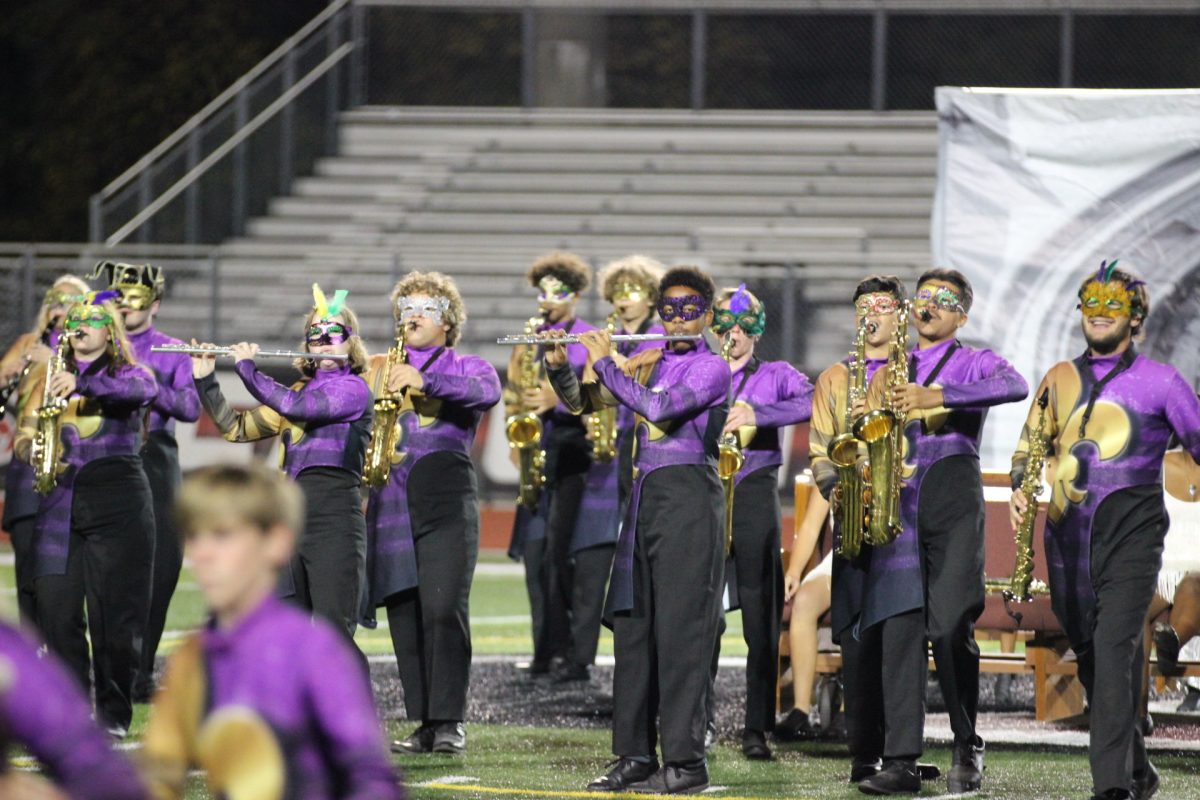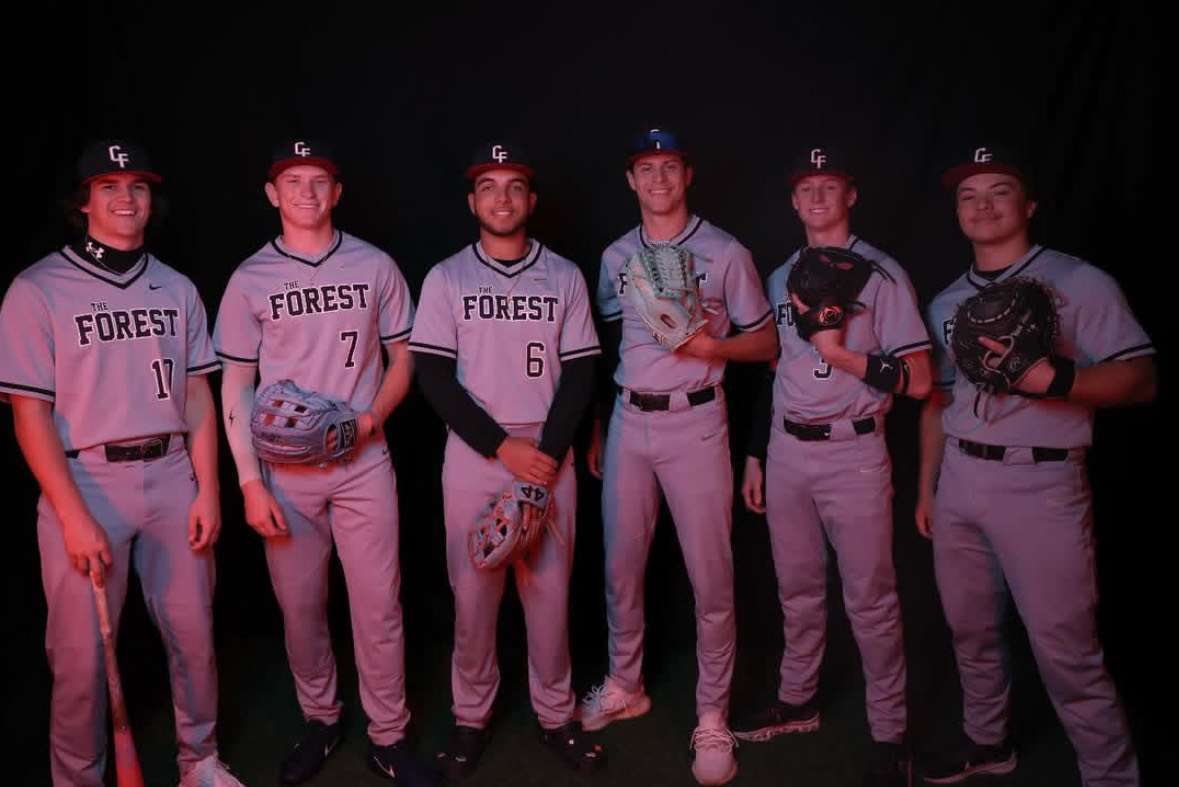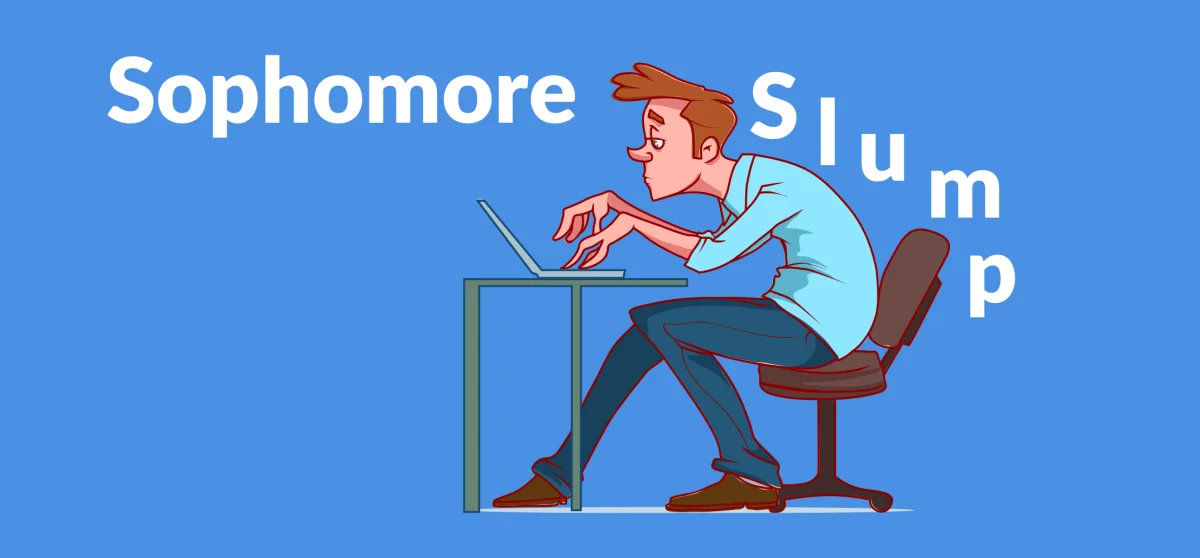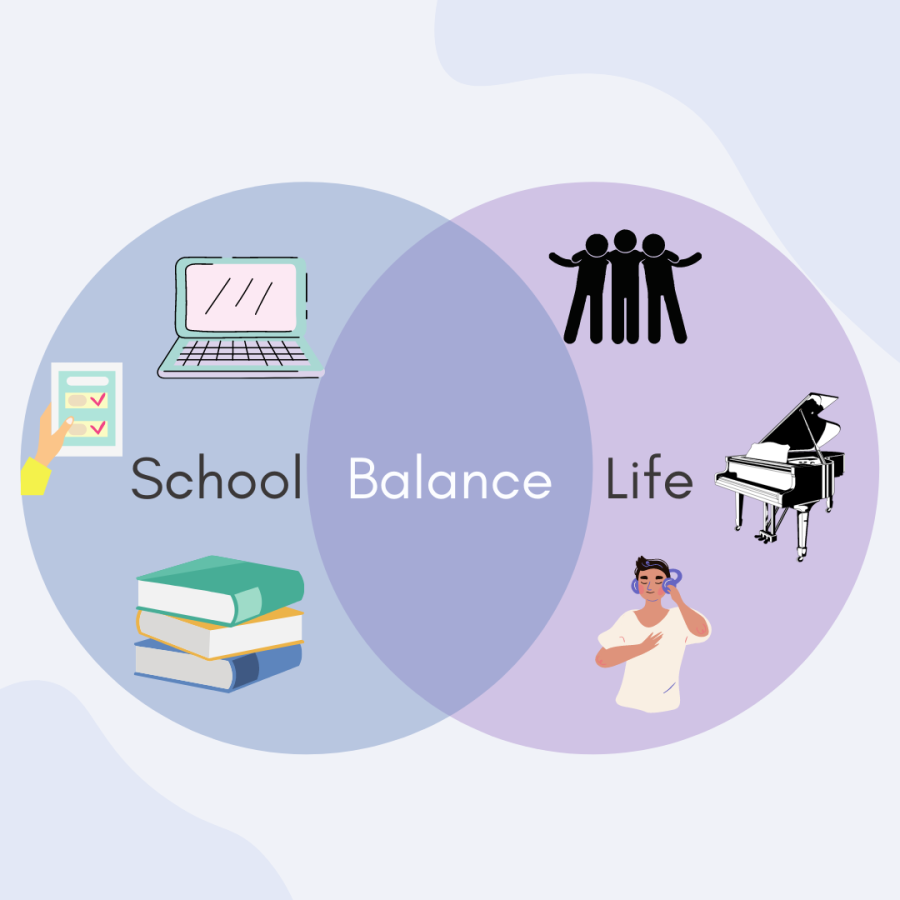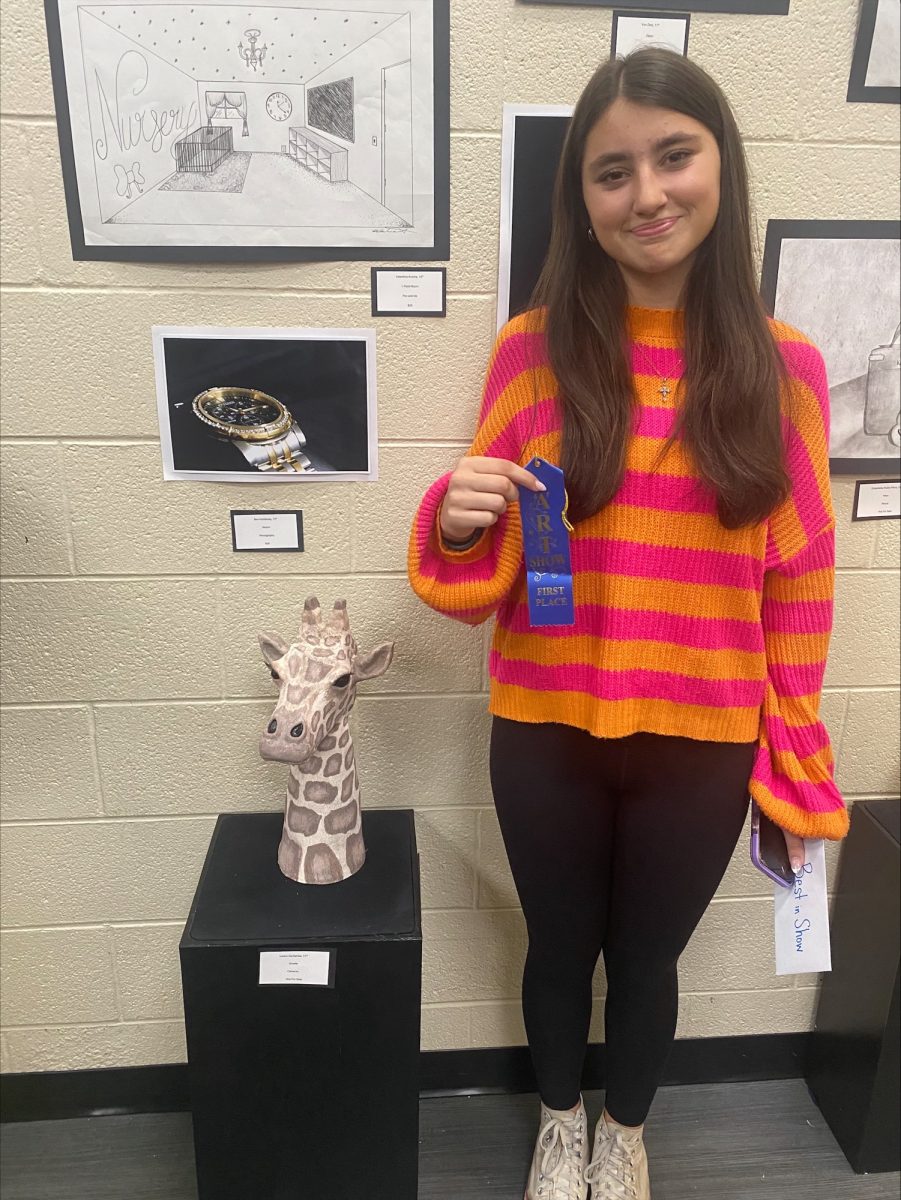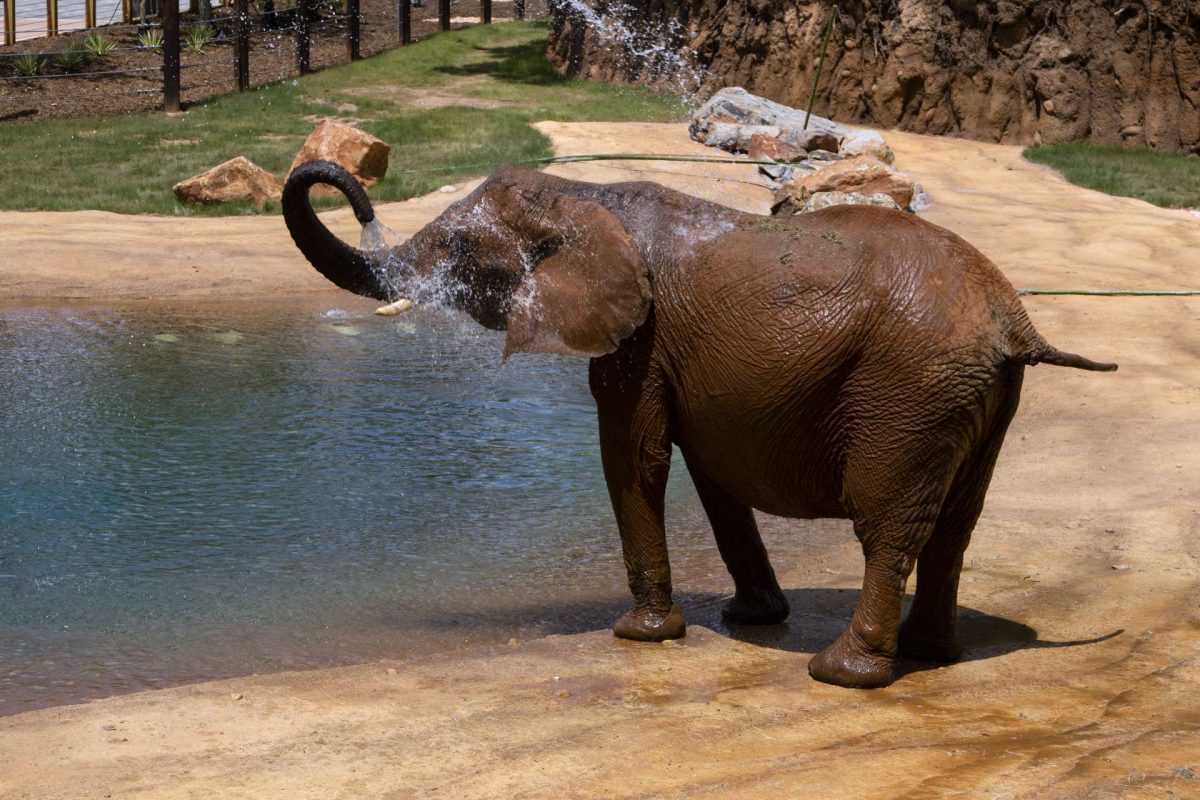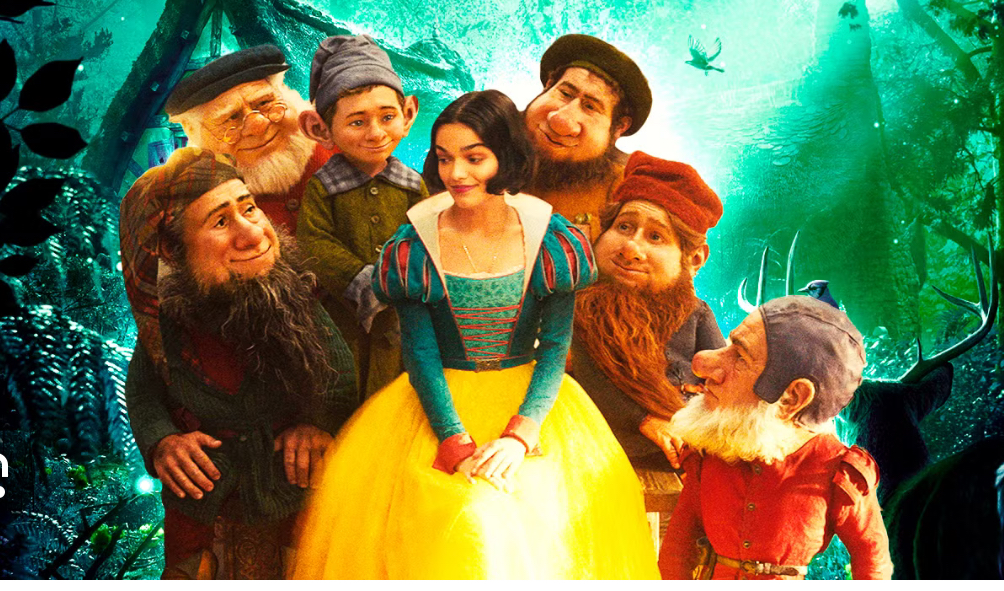Imagine you are walking down the street one day and you see an elephant wearing a top hat and carrying a briefcase. This idea may paint the picture of the classic Disney movie, Zootopia. This is the image many get when they hear someone say, “Animals should be granted legal personhood.” Some may think that granting an animal legal personhood is extreme, but by doing so gives animals the ability to live in freedom within their natural habitat; it deems the captivity and imprisonment of animals unjust.
Each year, nearly 5,000 zoo animals are killed per year in Europe alone, according to Veteirnarians.org. Many animal activists argue that captivity of wild animals in modern day zoos is inhumane and unjust. Some have gone as far as filing civil lawsuits against zoos with real lawyers and attorneys to fight for the right of personhood granted to these animals.
While many large zoo enterprise’s claim that their animals are protected and habitats/living conditions are approved and regulated by accredited organizations aimed at protecting wildlife held in captivity, this is not so. These organizations make money when the zoos make money, so the standard in which they assess living conditions is derived from how it will affect the zoo, rather than the wellbeing of the animals.
In her editorial, Happy the Person, Lori Marino, founder and executive director for the Kimmela Center for Animal Advocacy in Utah, delves deep in the case of Happy the Elephant. Happy is a 51-year-old Asian Elephant living in the Bronx Zoo in Bronx, New York. Consulting attorney, Monica Miller, fought for legal personhood to be granted to Happy in order to set her free. An argument used for the case was the “habeas corpus” writ which is felt to be applicable in cases of animal captivity. Habeas Corpus was used in the 1700s in many cases aiming to free slaves from their owners and obligations. The phrase “habeas corpus” simply means “you have the body” in Latin. If this would have prevailed in court, Happy would have been deemed a legal entity with inalienable rights.
When asked his stance on the matter of animals being granted personhood, senior Lawson Barnes responded, “No, animals should not be granted personhood because they are not humans. They can’t speak with humans and humans can’t speak with animals. How would an animal even know it was granted personhood?”
While the idea of an elephant being deemed a legal entity in court may cause you to pause and question the concept, Lori Marino writes about this in her editorial describing how historically there are many examples of non-humans being granted personhood, “But there is nothing in the law that says a person has to be a human. Corporations, ships and some rivers have been deemed persons.” In the case of Happy the Elephant, despite her lack of prevail, many questioned how she, who exhibits characteristics more closely related to humans than a river, was denied personhood.
By granting animals personhood, this changes the perspective or what is considered just and unjust to a right’s based approach rather than a subjective matter of opinion. What this means is by granting animals legal personhood, they are considered legal entities in court. They are granted the right to their own bodies and inalienable rights, rights that can not be argued or taken away.





